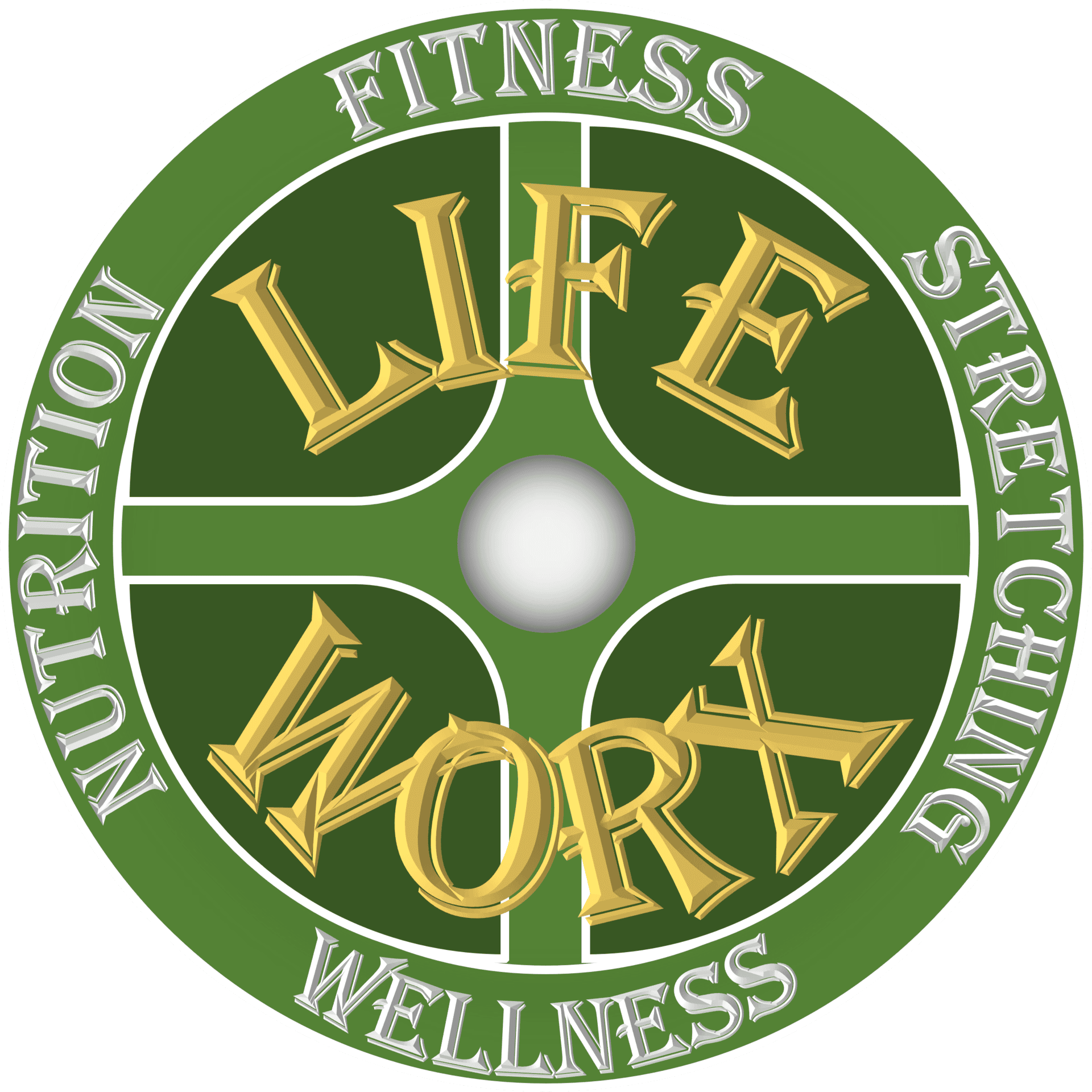In today’s fast-paced world, busy professionals often struggle to find time for personal fitness. Balancing a demanding career with personal training can seem daunting, but it’s not only possible, it’s essential for maintaining health and well-being. This guide offers practical advice and strategies to help busy professionals make the most of their personal training, ensuring they stay fit, healthy, and energized.
Understanding Personal Training Needs
Every professional has unique fitness needs. A study by the American Council on Exercise highlights the importance of individualized workout plans. Personal training for busy professionals should focus on efficiency, targeting key fitness goals in a limited time frame. This approach ensures that even the busiest individuals can achieve their fitness aspirations.
Maximizing Time with Efficient Workouts
Time is a precious commodity for professionals. Efficient personal training workouts are designed to deliver maximum results in minimal time. High-Intensity Interval Training (HIIT), for instance, has been shown by research in the Journal of Obesity to be particularly effective for quick and intense workouts, ideal for those with tight schedules.
Customized Fitness Plans for Busy Lifestyles
Customized personal training plans are crucial for busy lifestyles. Tailored plans take into account individual schedules, fitness levels, and goals. The American College of Sports Medicine emphasizes the effectiveness of personalized fitness programs in achieving long-term health benefits.
Nutrition for the Busy Professional
Nutrition is an integral part of any fitness regime. Quick, healthy eating strategies complement personal training routines and enhance overall well-being. The Harvard School of Public Health offers guidance on healthy eating for busy individuals, suggesting simple yet nutritious meal options.
Leveraging Technology in Personal Training
Technology plays a significant role in modern personal training. Fitness apps and online resources help busy professionals stay on track with their goals. Wearable technology, as reported by Statista, is increasingly popular for monitoring fitness progress and health metrics.
Finding the Right Personal Trainer
Selecting the appropriate personal trainer is a significant decision, especially for professionals who often face unique challenges due to their demanding schedules and specific fitness goals. Here are some key points to consider when looking for the right personal trainer:
- Understanding of Professional Challenges: Professionals typically have busy schedules, which can make regular exercise challenging. A good personal trainer should understand these time constraints and be able to work around your schedule. They should be flexible in terms of training times and locations.
- Customized Training Programs: Every individual has different fitness levels and goals. A qualified personal trainer should be able to assess your specific needs and design a training program that is both effective and realistic. This could include a mix of cardiovascular exercises, strength training, flexibility workouts, and nutrition advice.
- Qualifications and Experience: It’s important to choose a trainer who is properly qualified and has relevant experience. Look for certifications from reputable organizations like the National Federation of Professional Trainers (NFPT). These certifications ensure that the trainer has the necessary knowledge and skills to provide safe and effective training.
- Compatibility: The relationship between you and your trainer is crucial. You should feel comfortable with their training style, communication, and personality. A good trainer should be someone who motivates and inspires you, not someone who makes you feel uncomfortable or pressured.
- References and Reviews: Before making your final decision, it’s wise to check references or read reviews from other clients. This can give you a better idea of the trainer’s abilities and their success in helping others achieve their fitness goals.
- Trial Sessions: If possible, arrange for a trial session with a potential trainer. This will give you a firsthand experience of their training style and approach, and help you decide if they are the right fit for you.
Key Takeaways for Effective Personal Training
- Tailor your fitness plan to fit your busy schedule.
- Utilize efficient workouts like HIIT for maximum impact.
- Embrace technology to enhance your training experience.
- Choose a personal trainer who understands your unique needs.
Effective personal training for busy professionals requires a strategic approach, balancing time constraints with fitness goals. The American Journal of Lifestyle Medicine underscores the importance of regular physical activity, even for those with limited time. Personal training offers a structured, efficient way to incorporate exercise into a busy lifestyle, leading to improved health, increased productivity, and a better quality of life.

